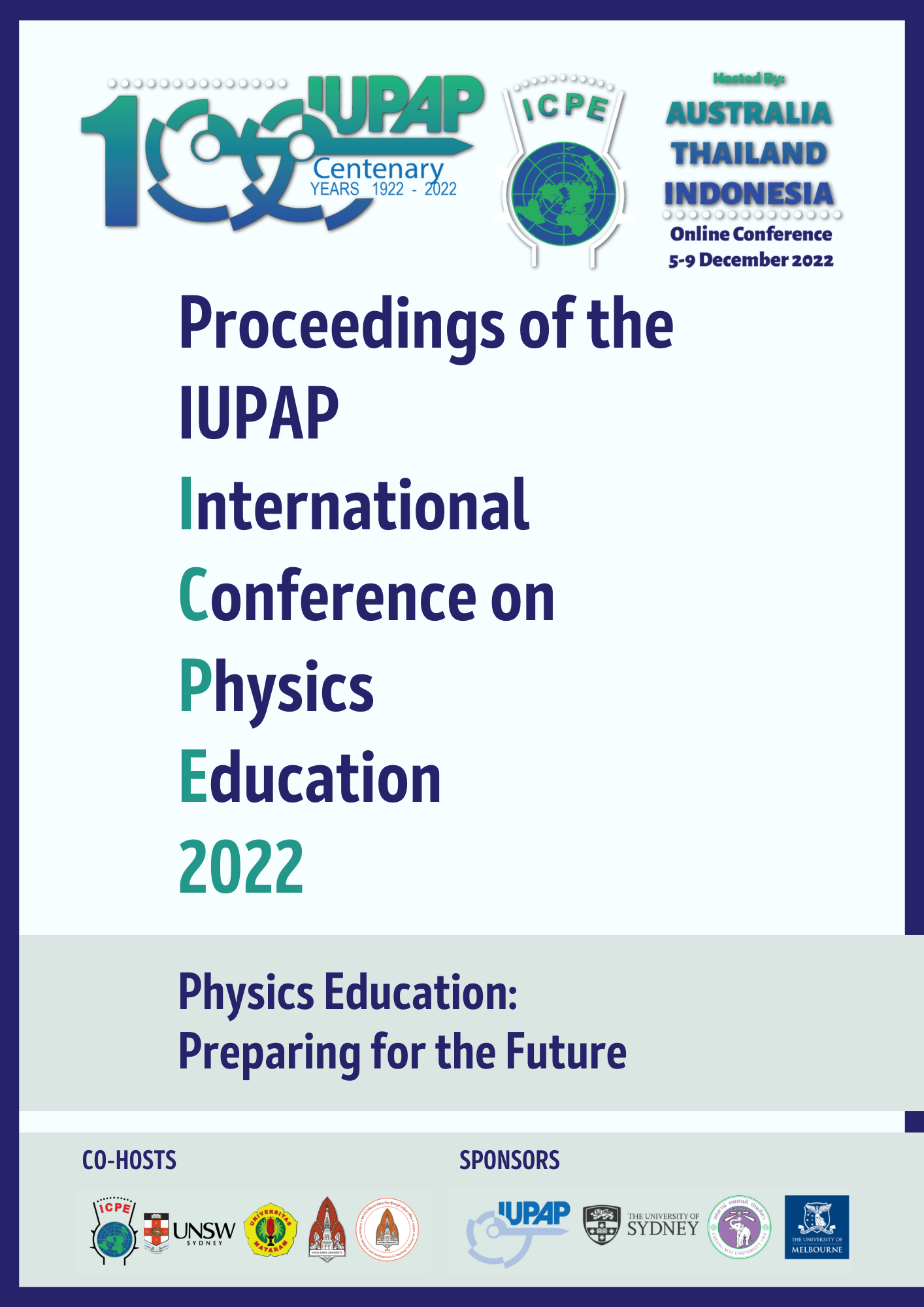Motivation and metacognitive science learning constructs of eighth grade students
Abstract
This study aims to examine the relationship between eighth grade students' metacognitive science learning orientation towards science and their motivation towards science. In this study, quantitative research was conducted to determine and analyze the current situation. The causal comparison design will be used as the design of the research. The target population of the research consisted of all eighth grade students studying in middle schools in the province of Kütahya. The sample consists of 590 eighth grade students from seven different schools in the center of Kütahya. In this process, two scales were planned to be used: Self Efficacy and Metacognition Learning Inventory- Science (SEMLI-S) (Thomas, Anderson, & Nashon, 2008) and Science Motivation Scale to measure the motivational attitudes of eighth grade students in their science learning orientation. Exploratory and confirmatory factor analyses were performed to check the construct validity of the scale. At the same time, various descriptive and inferential statistics were performed. The first scale used in the research; SEMLI-S, which is a 5-point Likert type and consists of 4 sub-dimensions, was translated into Turkish in another study (Gokalp & Kirbulut, 2013). The validity and reliability were tested in a sample consisting of students at higher education level and the students were evaluated. In this study, the validity and reliability of the measurement tool were evaluated at the primary education level. The Science Motivation Scale, which will be used in the research, consists of 5 sub-dimensions, and its validity and reliability were tested in a sample consisting of secondary school students and the students were evaluated. In this study, the validity and reliability studies of the measurement tool were also evaluated at the primary education level. The results of the current showed that there is a strong correlation between students’ science motivation and their metacognitive science learning orientations (r=0.69).
REFERENCESGokalp, M. S., & Kirbulut, Z. D. (2013). Investigating pre-service elementary school teachers’ metacognitive science learning orientations. Anthropologist, 16(1-2), 177-184.
Thomas G., Anderson D., & Nashon N. (2008). Development of an instrument designed to investigate elements of science students’ metacognition, self- efficacy and learning processes: The SEMLI-S. International Journal of Science Education, 30,1701-1724.
Downloads
Published
Issue
Section
License
Authors who publish with the Proceedings of the International Conference on Physics Education 2022 agree to the following terms:
a) Authors retain copyright and grant the journal right of first publication with the work simultaneously licensed under a Creative Commons Attribution License (https://creativecommons.org/licenses/by/4.0/) that allows others to share the work with an acknowledgement of the work's authorship and initial publication in this journal.
b) Authors are able to enter into separate, additional contractual arrangements for the non-exclusive distribution of the journal's published version of the work (e.g., post it to an institutional repository or publish it in a book), with an acknowledgement of its initial publication in this journal.
c) Authors are permitted and encouraged to post their work online (e.g., in institutional repositories or on their website) prior to and during the submission process, as it can lead to productive exchanges, as well as earlier and greater citation of published work (See The Effect of Open Access - http://opcit.eprints.org/oacitation-biblio.html).
Privacy Statement The names and email addresses entered in the Proceedings of the International Conference on Physics Education 2022 site will be used exclusively for the stated purposes of this journal and will not be made available for any other purpose or to any other party.
